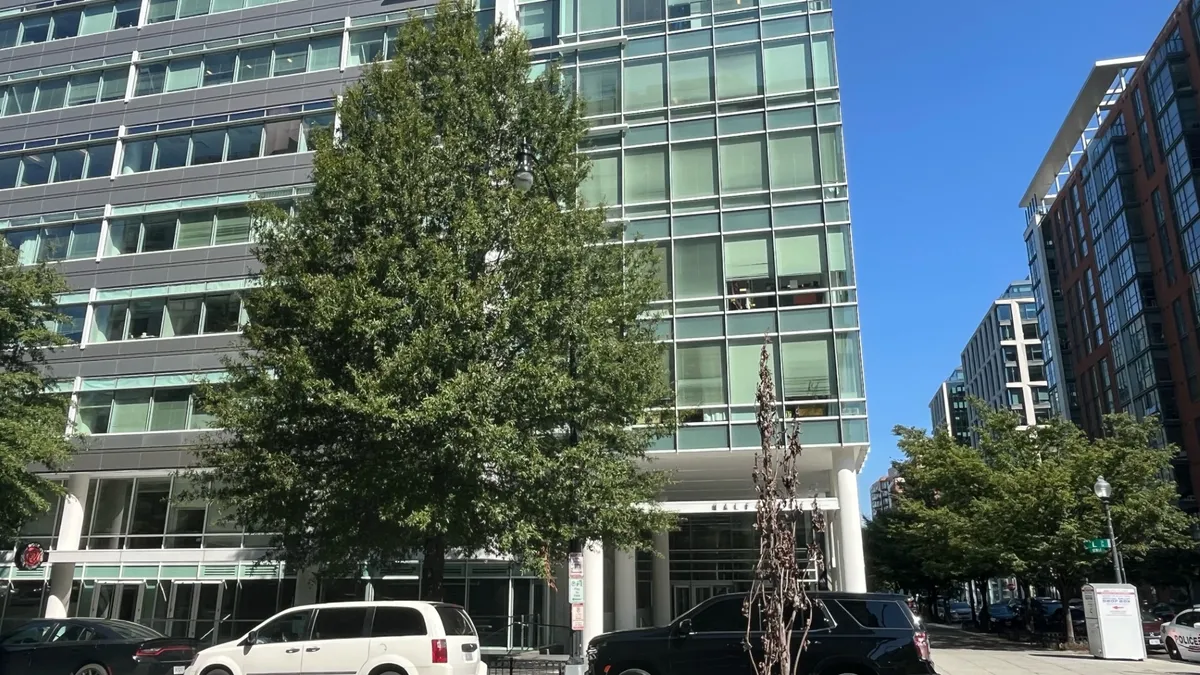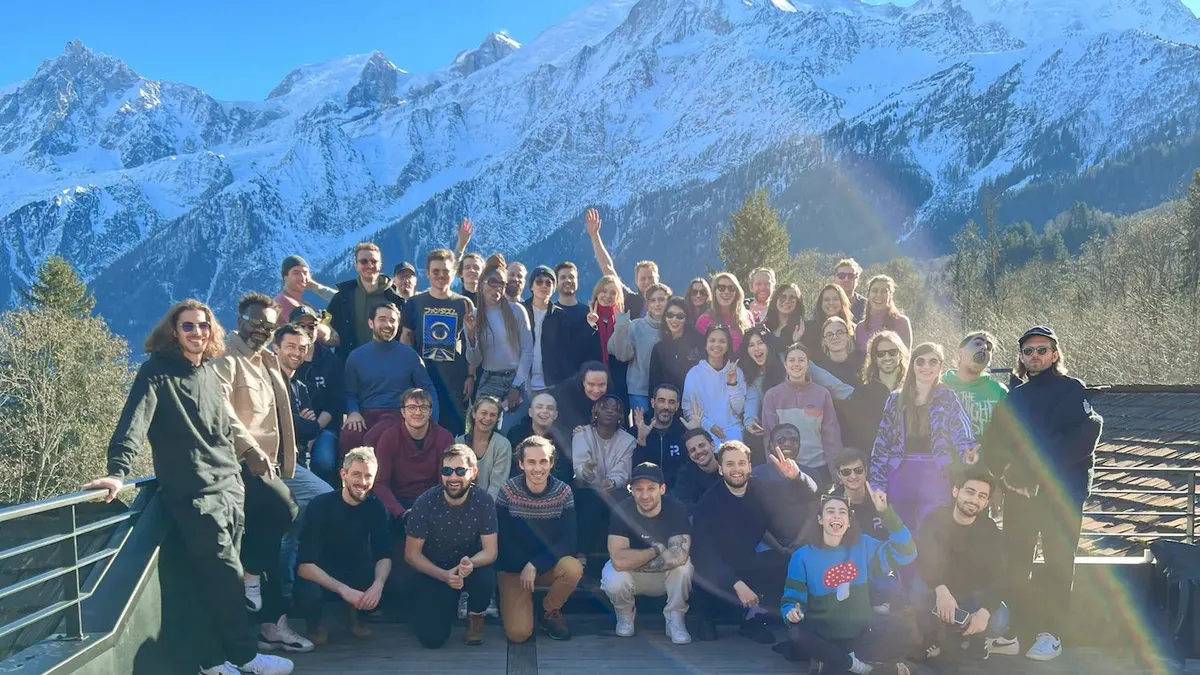Campus recruiting is no longer about simply posting jobs at career centers and setting up a booth at campus-wide career events.
Effective campus talent hunting in today’s connected world requires a multi-pronged approach, one that is leading smart employers to step up and take advantage of technology-driven solutions.
After all, today’s savvy grads-to-be are no longer content with boring job descriptions, slow developing hiring arcs and typical job interviews. Today, they have a myriad of technology tools at their command in the search for their first “real” job. And in most cases, their first impression of a prospective employer is based on how impressive a company is at using technology during recruitment.
“Millennial candidates crave instant communication,” says Jason Weingarten, co-founder and CEO at Yello, a talent acquisition software provider in Chicago.
Weingarten, whose company was named a top HR Product earlier this year by Human Resource Executive Magazine, says employers often make the job application process too lengthy and time consuming, which deters Millennials from applying.
“Millennials are focused on speed, efficiency and instant results,” he says, “and recruitment technology facilitates automated and timely communication, ensuring communication with candidates throughout every touchpoint.”
Ryan Healy, president at Brazen, an enterprise chat platform in Arlington, Va., says that the job seeker’s market continues to make the best talent highly sought after, even at the university level.
“Because of all that competition for top performers and majors, it’s hard to cut through the noise and make candidates aware of your company’s opportunities and benefits,” Healy says.
In order to give both employers and campus job seekers what they expect in the recruitment process, both Yello and Brazen offer different approaches to helping employers source, connect with and hire college talent.
Required: Real-time, all the time
Yello’s flavor of talent acquisition software is mainly focused on scheduling. Using the Yello Scheduling mobile app, recruiters can quickly schedule candidate interviews using cloud-based automation. Candidates can self-schedule interviews on their mobile devices, while also allowing interviewers to access schedules and make real-time changes. Additional features allow recruiters to communicate with candidates quicker and lessen the risk of losing candidates to quicker moving companies.
Cutting down on lag time greatly reduces the odds that promising candidates may look elsewhere, Weingarten explains, adding that many employers today are missing out on top talent because Millennials and Gen Z aren’t interested in lengthy Applicant Tracking System-based processes.
The right recruitment marketing software can also track the number of hires and overall expenses per recruitment marketing effort, like campus career fairs, so recruiters can present solid evidence to justify costs.
“This will let recruiters best allocate their time and marketing dollars to the events that offer the biggest return,” he says. He added that it has been difficult for enterprise companies to create consistency and replicable processes throughout their recruitment initiatives without the technology in place.
Contacting prospective hires anywhere
Healy says that, in many cases, campus recruiting’s reach is limited to a few top-tier schools because of budget and accessibility. It’s hard to affordably scale a physical, on-campus recruiting effort due to travel restrictions, especially considering entry level hires’ lower target cost per hire. Technology like Brazen really helps to address this pain point.
“The ability with Brazen to conduct campus recruiting effectively and remotely enables campus recruiters to connect with schools where they otherwise wouldn’t have the bandwidth or budget to be on campus as frequently as they may want,” Healy says.
Brazen also provides an avenue for ongoing engagement, so that recruiters and students are not bound to a physical calendar for when they can be on campus.
Texting has become the preferred communication mode for many, and people on both sides of the talent equation are very comfortable with it. In fact, real-time messaging overtook email as the number one form of communication as of July 2015, according to Juniper Research.
Additionally, holding regular events via chat can help build loyalty and engagement from the time that an offer is extended until the start day of work. With the current state of the job market, companies are seeing more and more employees pull a “no show” on day one, which ends up being a lot of wasted time, effort and money, Healy explains.
Recruiters seem to appreciate increased screening capacity, the removal of geographic boundaries, and the impact on employer brand of being perceived as innovative and forward-thinking in their use of real-time messaging, he adds.
Recruiters have also used Brazen to connect students with alumni that work at a particular company – prospective employees are much more likely to trust a current employee (and especially one that graduated from the same institution) than they are a recruiter.
“It’s just a chat – quick, casual, and human,” Healy says. “It goes a long way with prospective employees to reach them on their turf.”





















